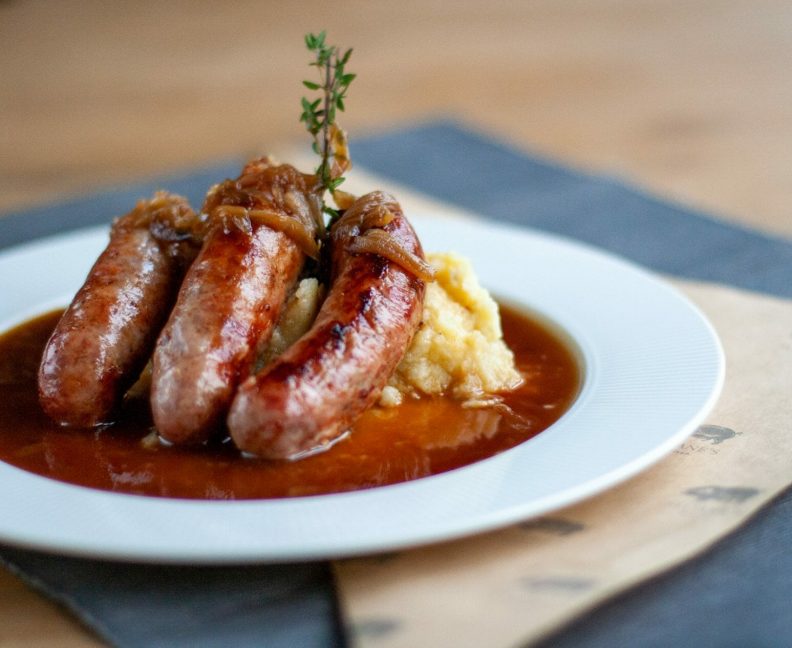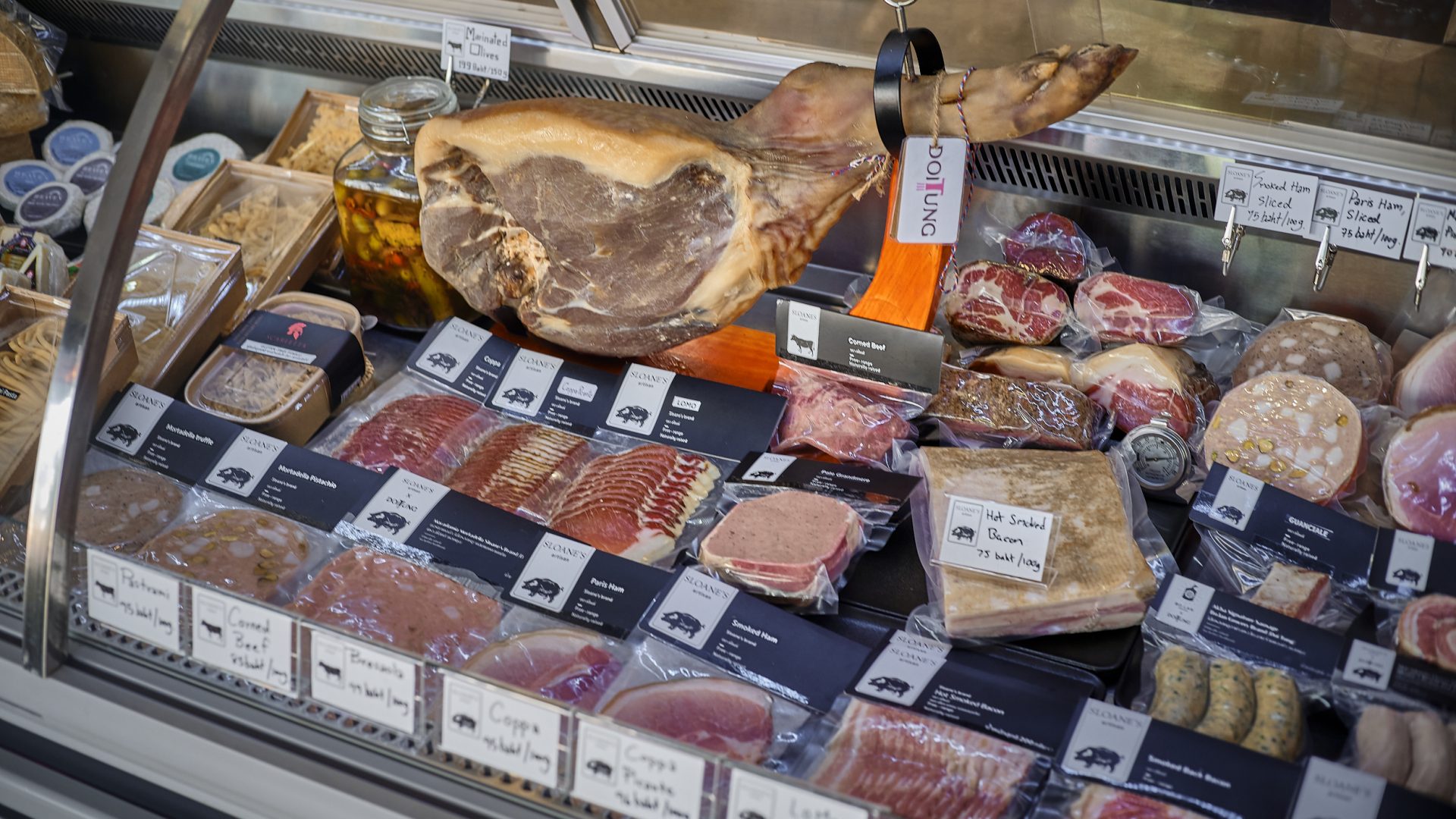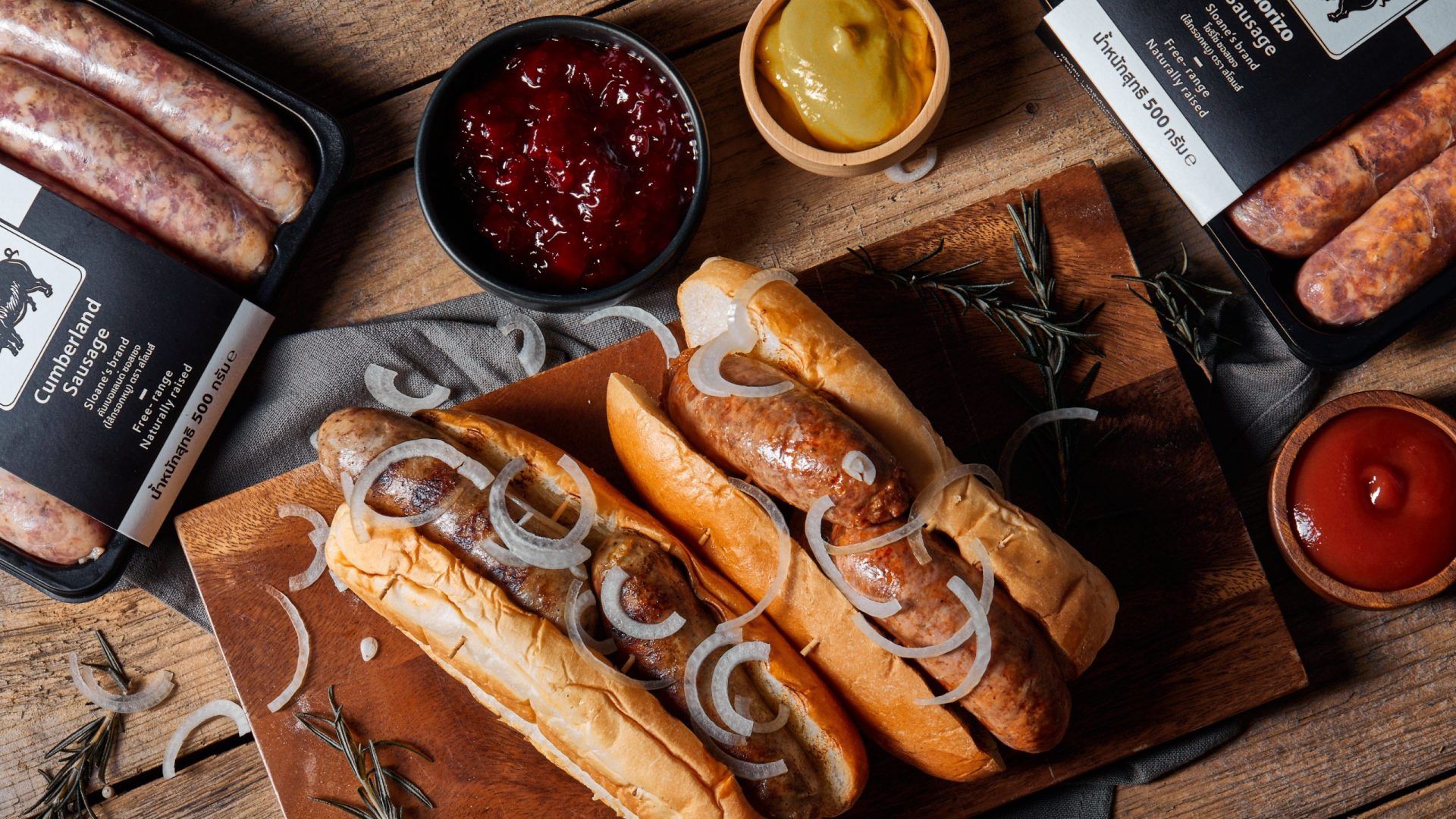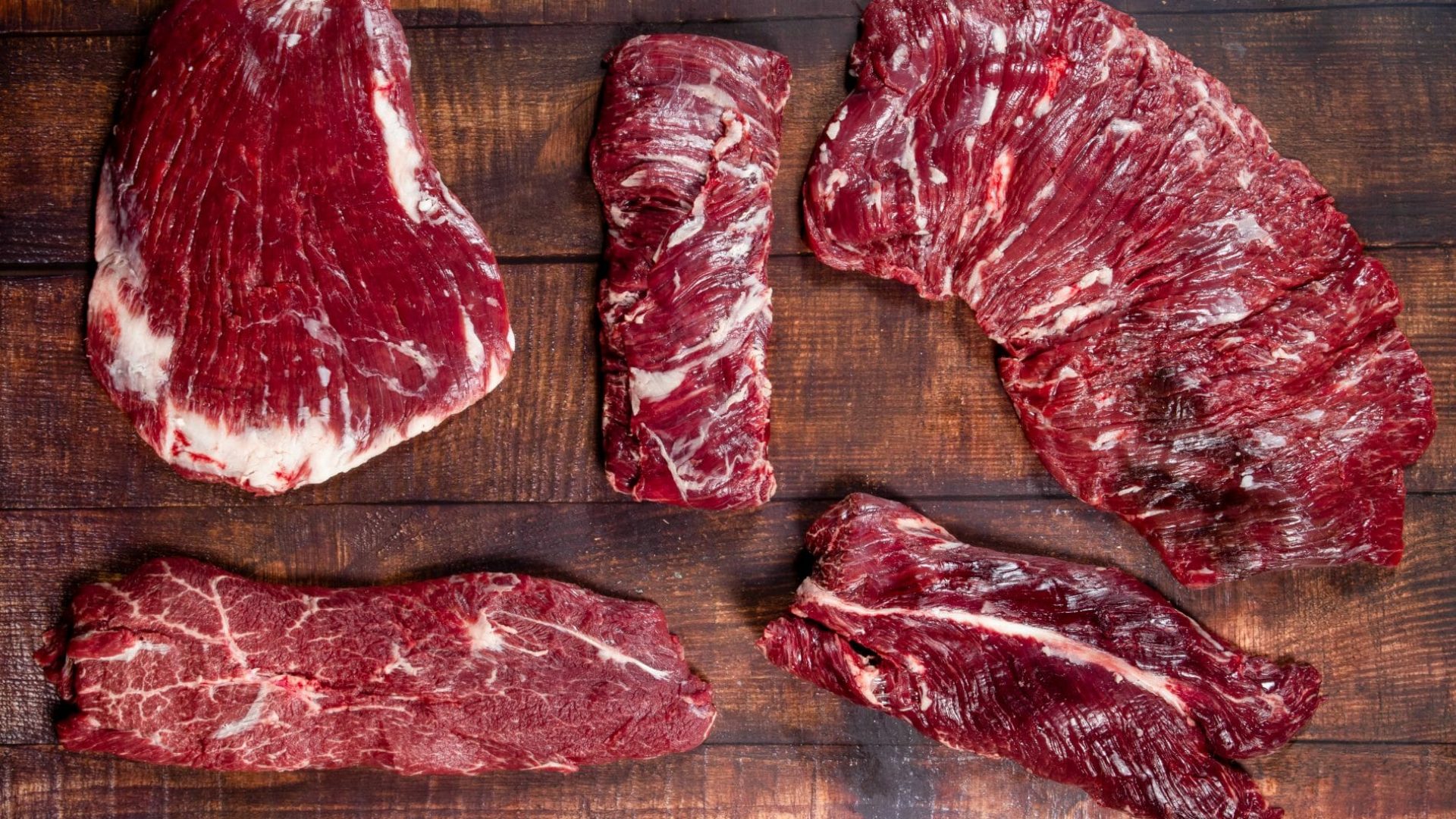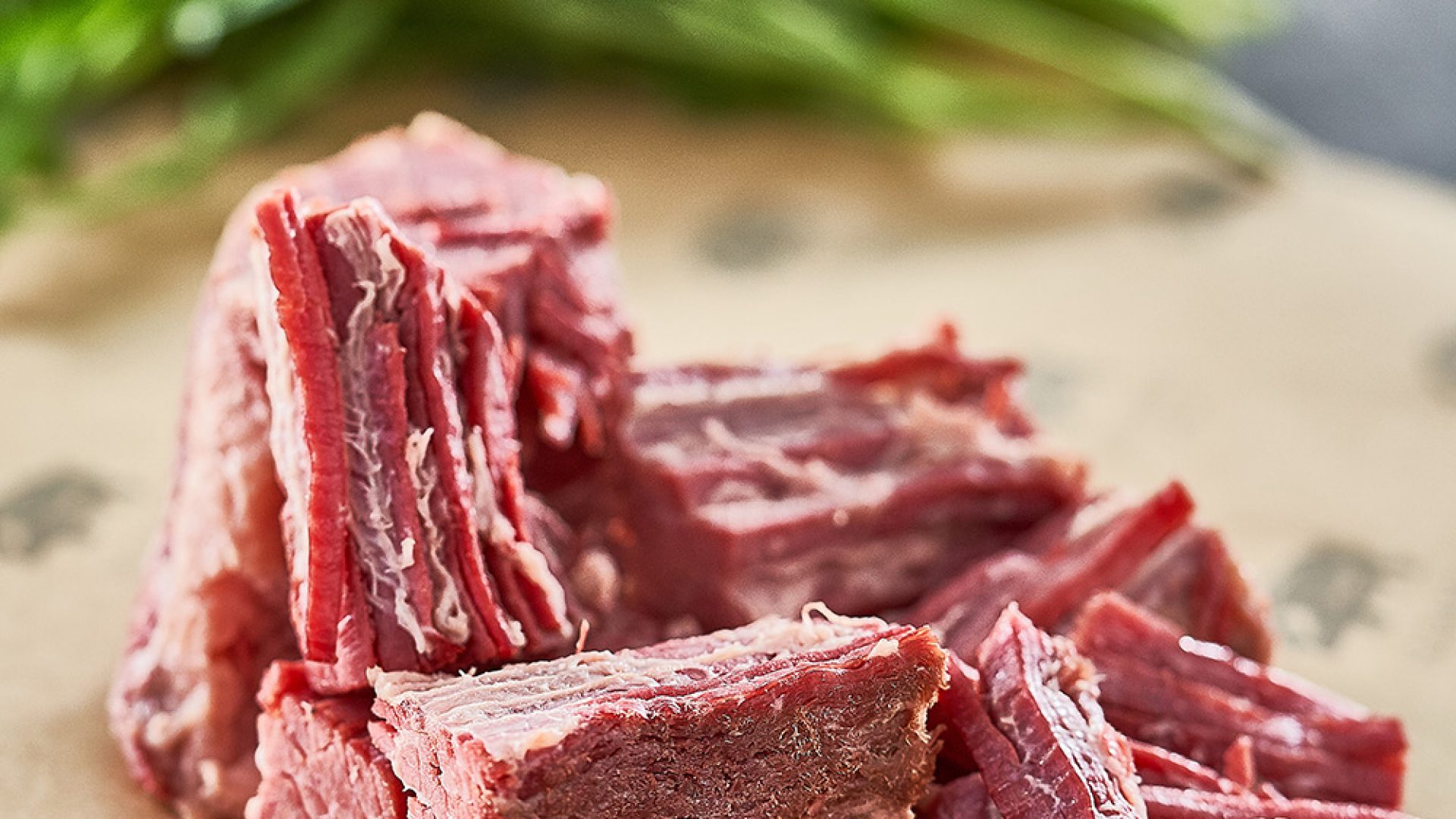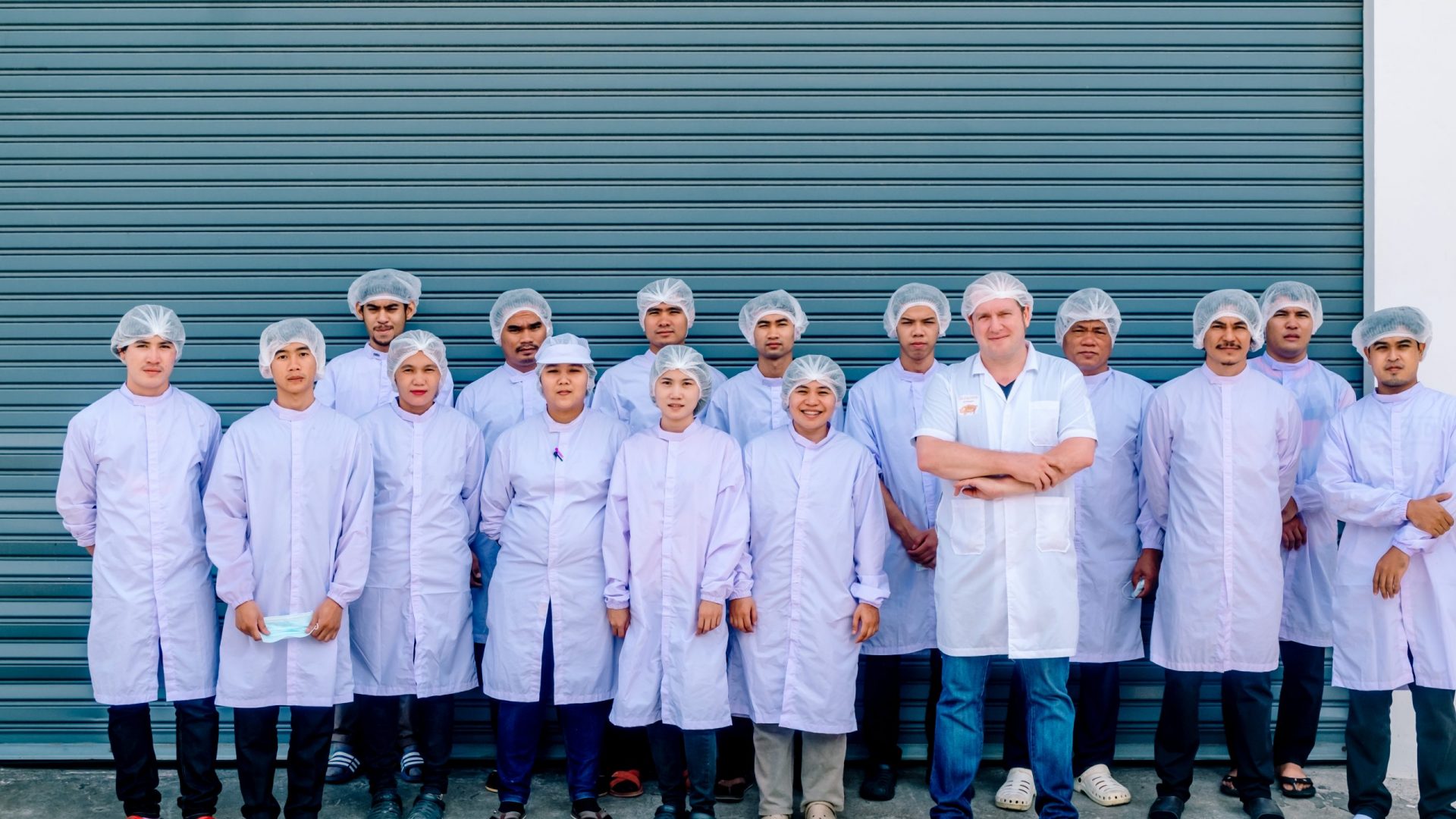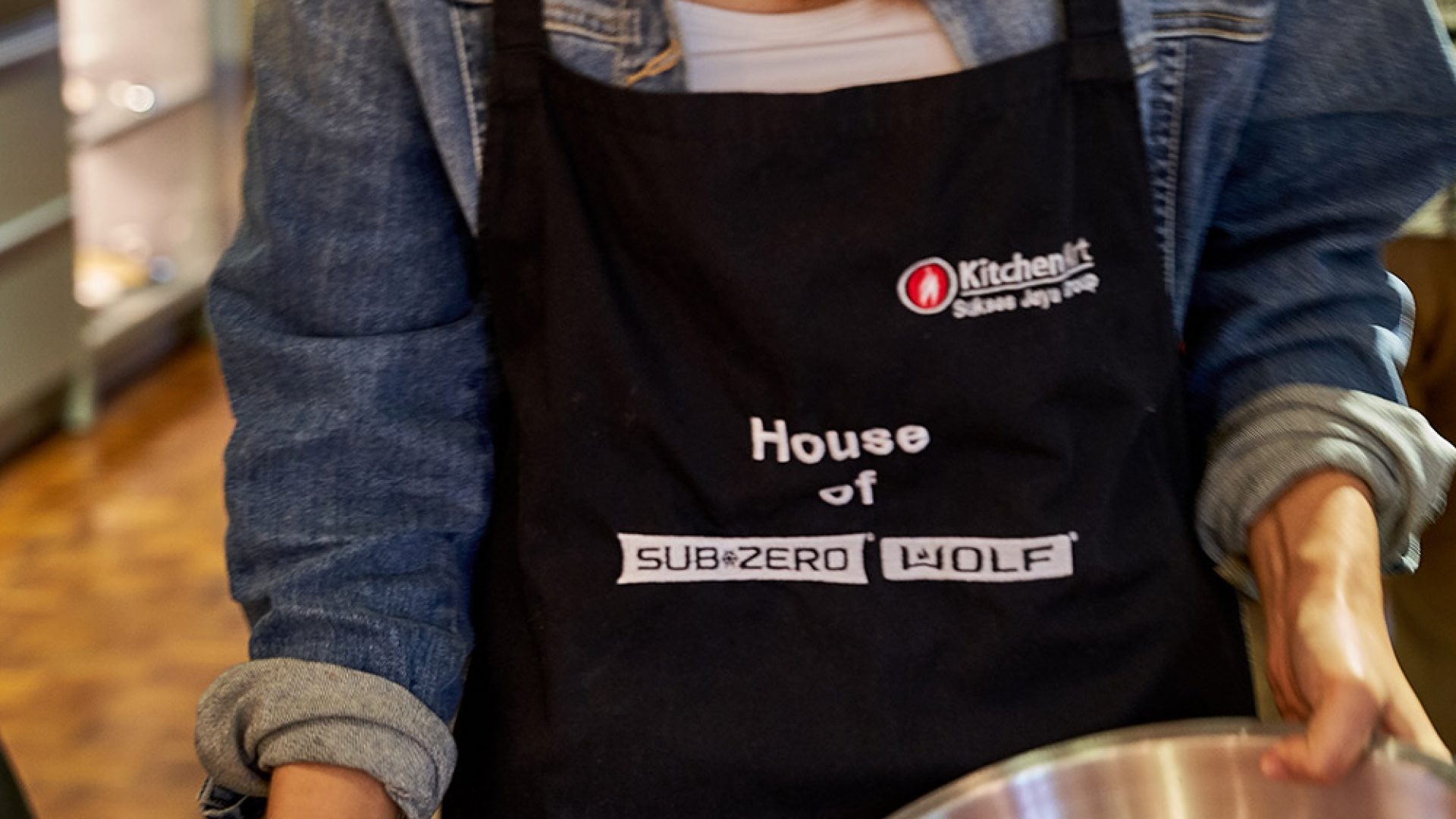Gather round folks, it’s time for a brief history of sausage.
The history
The term sausage generally covers a mixture of meats, fats and spices stuffed into a casing, preferably and traditionally animal intestines, but nowadays also synthetic. Thousands of recipes exist, with every butcher following their own recipe. Once stuffed, sausages are prepared in a myriad of ways. These include frying, grilling and boiling, as well as curing by airing or salting, or a combination of those techniques.
The word sausage comes from the Old English word salsige, which comes from the Latin word for salt, sal. Any brief history of sausage will tell you that sausage making is a tradition that goes back hundreds if not a thousand years. In fact, it was a method used to preserve meats, especially lesser cuts. As such one could say that it is a product of efficient, or sustainable, butchery.


The use
Today, we use sausage in countless recipes and foods. What would the traditional English fry-up be without a Cumberland and an English Breakfast Sausage? In fact, many of the most famous English dishes include sausages, such as Bangers and Mash and Toad in a Hole. In fact, sausages are a great way to add flavour and depth to pastas, stews and soups.
Other countries’ sausage traditions have also gained international repute, such as Chorizo, typically found in Spain and Portugal, Boerewors, originally from Namibia, and Bratwurst, the famous German sausage.


At Sloane’s
We’ll end this brief history of sausage with a little peek into the sausage making at Sloane’s. It was one of our first products when we started out, serving them up at farmers’ markets around Bangkok. At the beginning we had only a few variations but over the years, we have expended. In fact our range now count more than 20 types, and counting. All of our sausages are made with meat from high welfare, free-range animals and undergo strict quality control at our HACCP-certified production facility. In addition, we only use high quality seasonings and natural casings.
